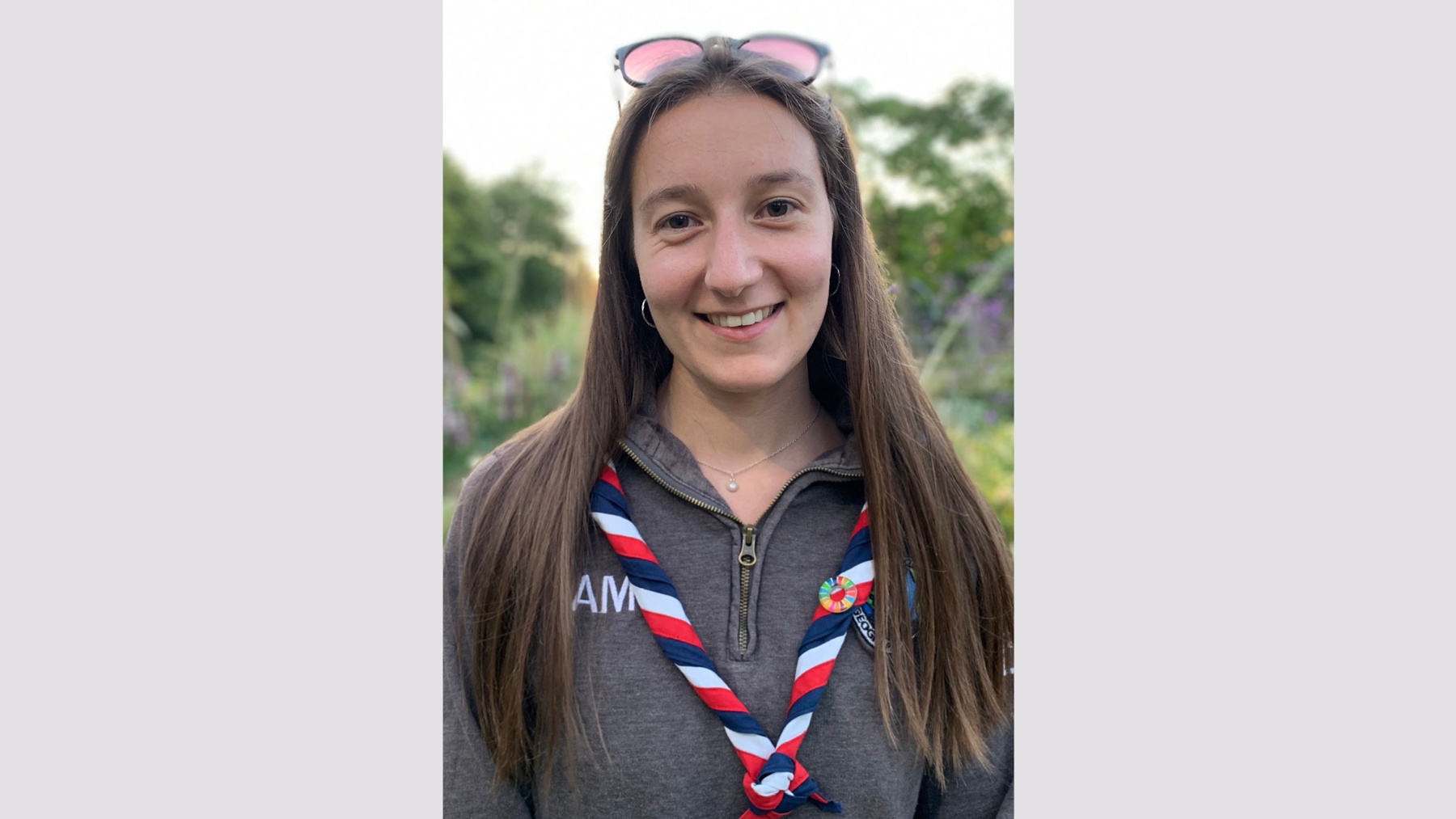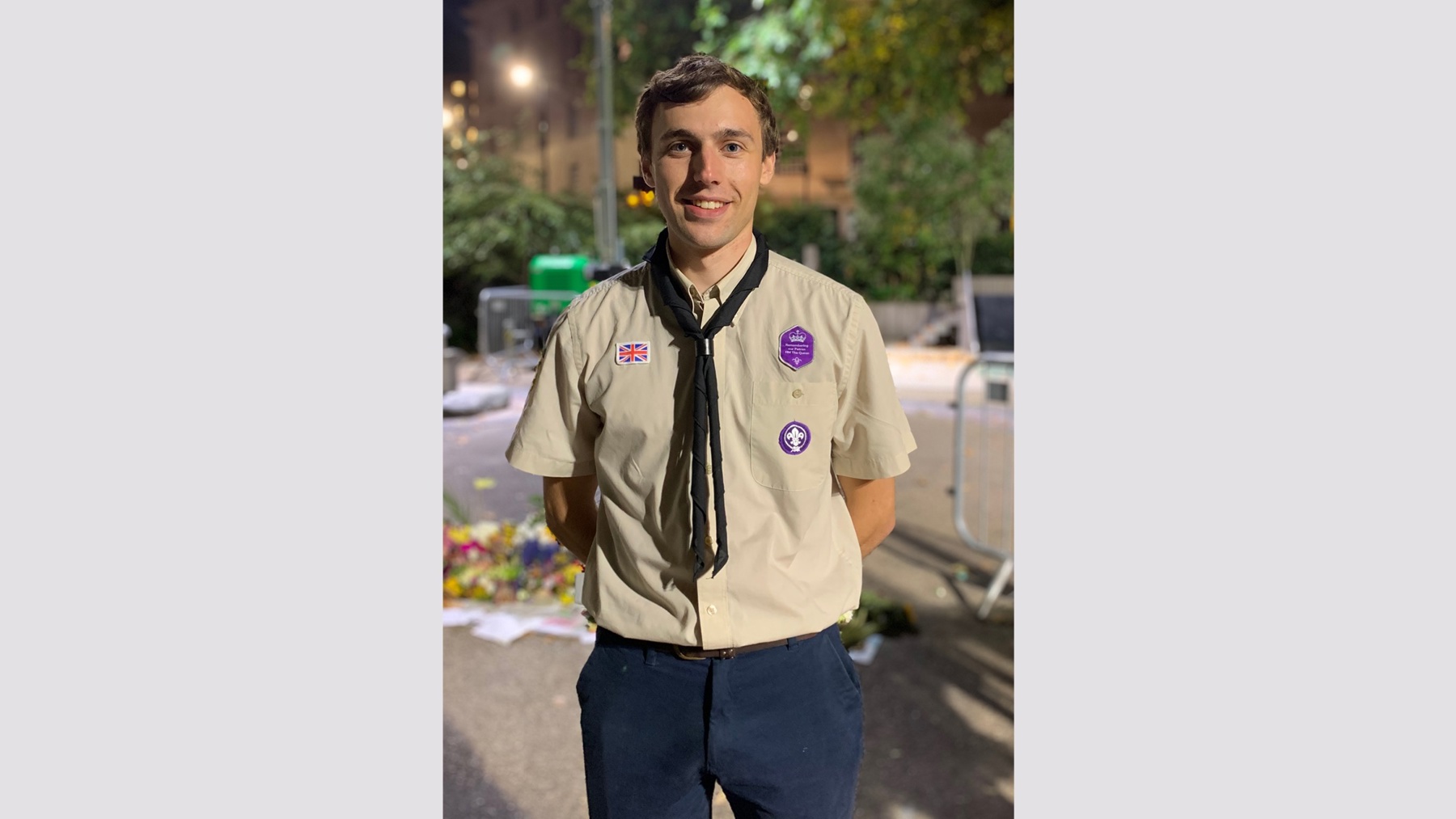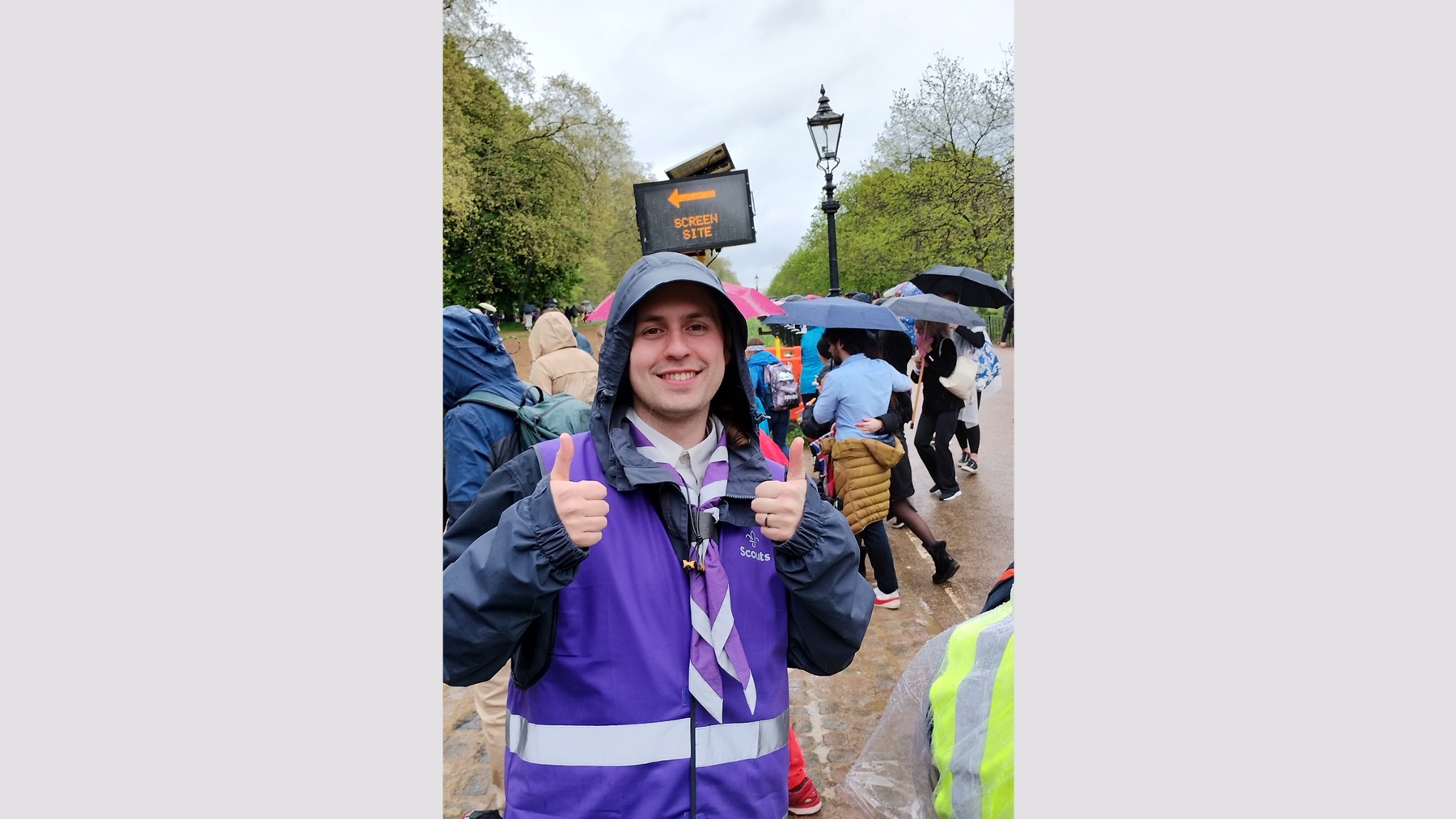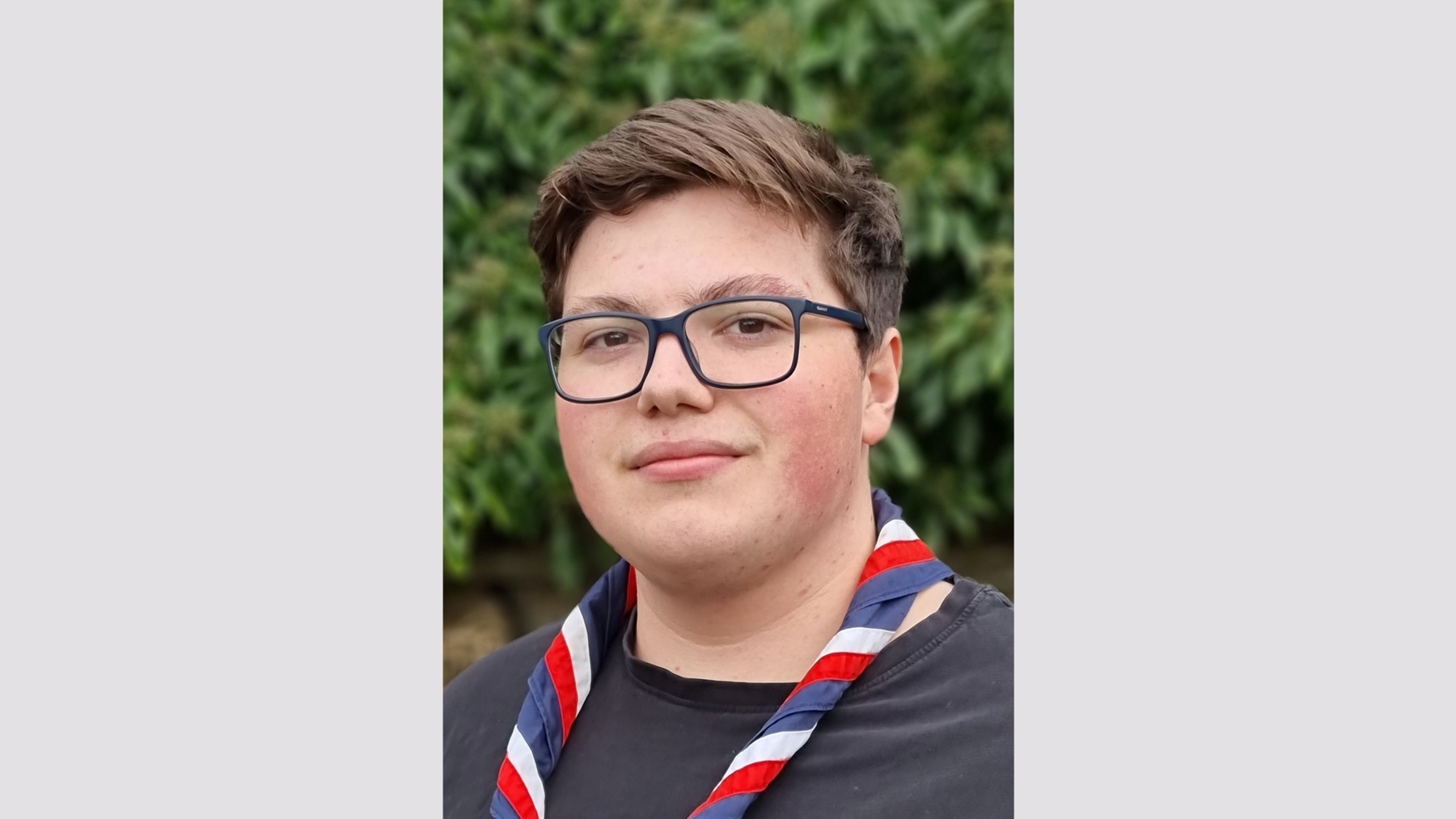How Scouts gave me the skills to stand out at work
To celebrate World Youth Skills Day on July 15, we spoke to some of our members to see how Scouts gave them the skills they need – for life, but particularly for work.
At Scouts, we give things a go and we learn. We might fail at times, but we get up and try again. We lend a hand, help others and have brilliant experiences together, gaining skills for life every step of the way.
So much of what we do at Scouts, from our smooth sailing adventures to our plan Bs, help prepare us for getting a job.
Research on youth employability
Demos is the UK’s leading independent cross-party think tank. Back in May, they launched new research about youth employability.
The research showed that, at Scouts, young people can learn the skills employers are most keen to see.
Known as the Employability Badge report, one of the key findings was that an impressive 74% of former Scouts felt optimistic about getting what they want from their careers.
This was compared to 47% of people who didn’t take part in extracurricular activities, such as Scouts.
How Scouts helped me in my career
As well as these fantastic figures about youth employability, we caught up with a few Scouts who’ve started their careers.
From presenting their Scout’s Own to running their first sessions, they told us how Scouts gave them the skills, experience, and confidence to enter the world of work.
Abigail

Current job: Product Legislation & Sustainable Development Assistant at NEXT
Scouts role: County Executive, Trustee and Youth Rep in Hereford & Worcester
Top three employability skills from Scouts: Resilience, self-reflection, and self-confidence
Abigail says, ‘You naturally develop resilience in Scouts, since you’re exposed to new things. Instead of being in a high pressure environment that's all or nothing, Scouts allowed me to fail, learn from the experience and have another go.
We’ll always face barriers and/or rejection in life, especially when applying for jobs. By learning to be resilient, we can make sure these experiences don’t stop us.
Scouts helps you learn to self-reflect, too. From doing a Scouts’ Own and a King’s Scout Award presentation, I learned to identify my personal strengths and weaknesses. This really helps when writing applications and personal statements and it’s key when trying to make yourself stand out.
Thanks to my volunteers believing in me, I’ve confidence in myself, my abilities, and my knowledge. This self-confidence meant I pushed myself to apply for a master’s degree, even when I didn't totally enjoy my time at university. My master’s degree then helped me get my first job in the sector I wanted to work in.’
What would you tell a younger person about how Scouts can help with employability?
‘Through Scouts, you can meet so many different people with a wealth of knowledge that you can learn from. Want to know more about university? Apprenticeships? Jobs in a particular sector? I guarantee there’ll be someone you’ll meet in Scouts who can share their experiences with you. It’ll help make navigating the world of work a little less overwhelming.’
Aaron

Current job: Outside Broadcast Engineer at Cloudbass Limited
Scouts role: UK Rep Pool Lead
Top three employability skills from Scouts: Professional communication, leadership, and adaptability
Aaron says, ‘I work in broadcast, and the communication skills I learned at Scouts have given me the confidence I need to engage people at work to get things done. It’s also helped me make the client feel at ease when any issues happen.’
‘The leadership skills I've learned through Scouts have been so beneficial. Not only have I been able to lead a team in my department as a relatively young engineer, but I can also effectively organise and prioritise during emergencies to make sure television screens don't go black!’
‘Just like on camp, things at work often don’t go to plan. Being taught how to respond to these sorts of events at Scouts prepared me for the ever-changing world of work. Employers love it when an employee can turn their hand to many disciplines and have a wide range of skills.’
What would you tell a younger person about how Scouts can help with employability?
‘The world of work is always calling for soft skills, such as communication, teamwork, networking, leadership, confidence, and more. They’re the skills we naturally gain at Scouts, but there are some we get without even realising. Employers can teach technical and specific skills relevant to the job, but what takes longer to learn are the soft skills, the skills for life.’
Luke

Current job: Transport Modeller for Mott MacDonald
Scouts role: Volunteer at Cubs
Top three employability skills from Scouts: Public speaking, seeing different perspectives and willingness to get involved.
Luke says, ‘I didn’t realise at the time, but running my first ever Cub night as an 18-year-old volunteer greatly helped with my employability. I had to plan, risk assess, deliver, and reflect on the session.
Each of these have been crucial in my job to help me deliver value for money to clients and manage a team in the corporate world. Reflecting made me think about what went well, what could be better, and consider the things I wish I’d known and researched before the night.’
What would you tell a younger person about how Scouts can help with employability?
‘Thanks to Scouts, I’ve been able to gain and show that I’ve the skillset that employers were after. This helped me get my very first part-time job when I was 17 or 18. As I didn’t have any prior work experience, I was able to talk about teamwork and communication I’d learned through Scouts.
Scouts also made it into my university application for similar reasons. Especially for my course, as I could say that I wouldn't mind the weather during field work (I studied BSc Physical Geography at the University of Greenwich).
When the time came for me to get a professional job, I was able to link the Scout Law and Promise to the company’s values, which made my application stand out and got me to the interview stage.’
Alisdair

Current job: Degree Engineering Apprentice at Jaguar Land Rover (JLR), Leading ADAS Sensor Cleaning
Scouts role: County Youth Commissioner, Northamptonshire
Top three employability skills from Scouts: Communication, logical thinking, and teamwork
Alisdair says, ‘Writing risk assessments for my Scout sessions helped me build my experience and understanding of problem-solving. This gave me a great start in my engineering career because it proved I could identify problems, consider lots of different factors, and come up with solutions.
As County Youth Commissioner, I became more experienced in presenting and communicating with a range of volunteers. I presented to our County’s line managers at our County Conference about our digital transformation, which was brilliant public speaking experience. It’s helped me feel prepared for the presentations I do at work.
I did the same team building exercises at work as I did at Explorers, including Tower building. I talked to my peers about my experience and helped coordinate our approach, using their ideas and my knowledge. It was a great teamwork exercise and helped me work collaboratively with new people – a skill I’d learned from Scouts.’
What would you tell a younger person about how Scouts can help with employability?
‘Scouts is a safe and constructive environment to get things wrong and learn. You learn far more by making mistakes.
At Scouts, you can build soft skills in so many different, fun ways. You can interact and work with lots of different people – which is essential for work. With many leadership opportunities, you can develop your way of working and help manage a team, which is great experience to take the next step in your career.’
Get tips on applying for jobs
Even when things go wrong, think about how you dealt with it. Did you feel worried at the start, but eventually overcame it and found a solution? That shows resilience, persistence, and dedication.
If you’re applying for a job, read our guidance on how you can best showcase your Scouts skills to impress your potential employers.